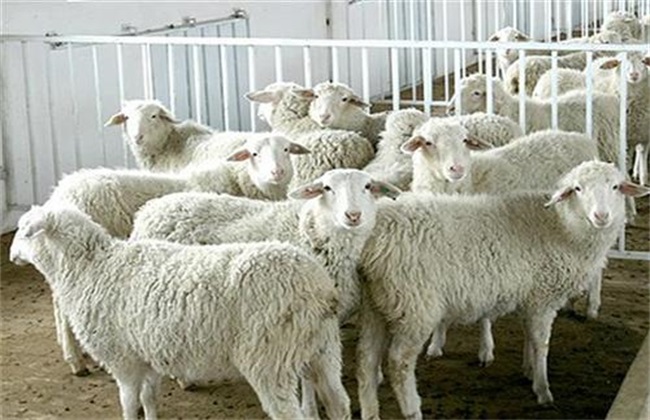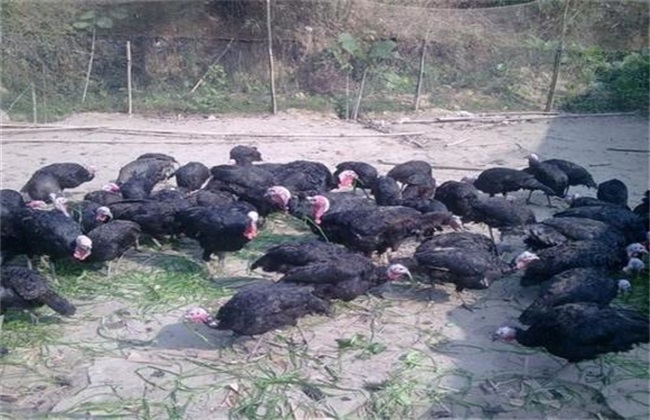What are the advantages and disadvantages of sheep captivity
As a main production breed of wool, sheep itself is very hot, but with the development of breeding, people's views on the way sheep are kept are more and more divided, some merchants will suppress the price of captive sheep to a certain extent. So what are the advantages and disadvantages of sheep captivity?

I. Advantages
In terms of advantages, everyone's most intuitive advantage was of course the site factor. Choosing captivity meant that they did not need to find a large area suitable for grazing. This was also the reason why sheep breeding could expand rapidly, so that many people had the opportunity to join the industry. Secondly, the fattening effect of this captivity is very obvious, because the sheep in this mode fattened and grew hair every day, the output benefit will naturally be much higher, plus the energy consumption in various aspects is relatively small, the daily feeding process is punctual, and the output will be very stable.
Exotic risks are also relatively low for captive sheep, because they basically have no contact with the outside world. As long as farmers take precautions, unless the diseases carried by the sheep themselves are induced, they will not be affected by the outside world. The management of the flock is also relatively convenient, we can group the flock according to different needs at any time, some problems will be easier to observe, when problems occur, it is also convenient to deal with isolation, not easy to have major accidents.
II. Shortcomings
There were some shortcomings in captivity. First of all, the sheep's physique would be relatively poor, and its resistance to some diseases would be lower. Although the image of wool was not large, the probability of wool not being ideal would be higher. Secondly, the occurrence probability of various diseases will increase, because the density is larger, the sheep are more exposed, the infectivity will become larger, and small disasters and diseases may be relatively frequent.
Sanitation will be difficult to do some, the daily output of sheep dung can only be manually cleaned up when housed, which will increase the workload to a certain extent. Secondly, the storage pressure of grass material is relatively large, so it is necessary to prepare more at all times to avoid the shortage of feed. In addition, although the sheep house is cleaned every year, there will always be residual germs, so the overall environment will be worse day by day. The number of fights would also increase, especially for Gongyang. After all, they were captive. The higher the chance of collision between the two, the higher the number of fights.
The above are some advantages and disadvantages of breeding sheep. The wool of sheep itself is not affected by captivity, but its overall function will still have a certain impact. You can refer to it and choose the breeding method according to your own needs.
Related
- On the eggshell is a badge full of pride. British Poultry Egg Market and Consumer observation
- British study: 72% of Britons are willing to buy native eggs raised by insects
- Guidelines for friendly egg production revised the increase of space in chicken sheds can not be forced to change feathers and lay eggs.
- Risk of delay in customs clearance Australia suspends lobster exports to China
- Pig semen-the Vector of virus Transmission (4)
- Pig semen-the Vector of virus Transmission (3)
- Five common causes of difficult control of classical swine fever in clinic and their countermeasures
- Foot-and-mouth disease is the most effective way to prevent it!
- PED is the number one killer of piglets and has to be guarded against in autumn and winter.
- What is "yellow fat pig"? Have you ever heard the pig collector talk about "yellow fat pig"?



